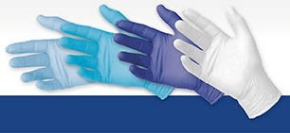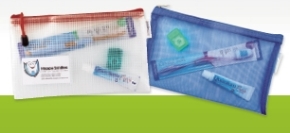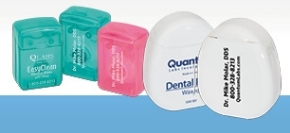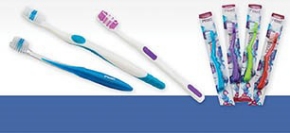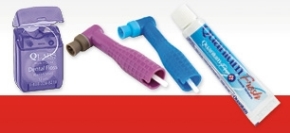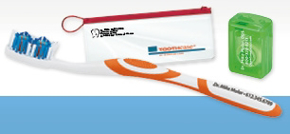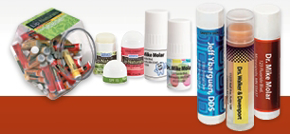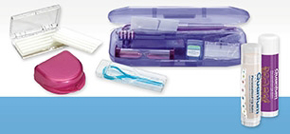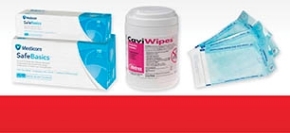It’s essential to wear the right sized protective equipment in any medical setting. Exam gloves are worn daily by most medical professionals such as doctors, dental assistants and care staff and it is important they fit properly. Hand protection is essential when dealing with bodily fluids or potentially harmful diseases during patient exams and procedures. Due to this, it’s important for medical professionals to know the right size exam gloves to use for their work. First, they must decide which type of exam glove to use. This can include latex gloves, nitrile gloves, neoprene gloves, vinyl gloves or any other type of disposable glove. Once the type of exam glove is determined, proper sizing is the next crucial step.
Finding a comfortable fitting glove is essential. A tight-fitting glove can negatively affect fine motor skills, irritate the skin, and lead to hand fatigue. Contrarily, a glove that fits too loosely can cause a person to execute movements awkwardly. This could potentially lead to exposure to blood-borne pathogens or hazardous chemicals.
Finding the Right Fit
Exam gloves are manufactured to specific ASTM glove standards. When determining the proper size glove, there are 4 key areas to consider: glove length, glove width, finger length and width, and material.
Glove Length: Measured from the tip of the middle finger to the cuff.
Glove Width: Measured around the knuckles of your dominant hand, above the V in your thumb. Essentially, the widest part of your hand. This is an important measurement, since you don’t want gloves that are too tight.
Finger Length and Width: This can be tricky because it is one of the few things that can vary between product lines.
Material: This can be the real wild card when trying to find a proper fitting exam glove. The thickness and stretchability of the material being used could cause a change in an entire size up or down.
Here is a diagram and size chart on how to measure to get the right fit for exam gloves.
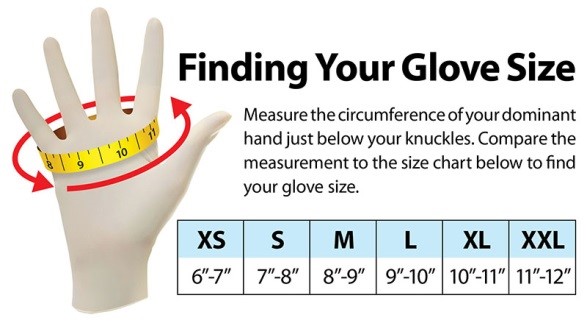
Left & Right Hand Fitted vs. Ambidextrous
Hand-specific gloves with contoured fingers and a natural thumb position are most commonly found in surgical glove lines. Since they are designed for each hand, they usually offer the best and most comfortable fit, but can be more expensive than an examination glove. Many medical professionals have just accepted the extra cost as a tradeoff for the comfort and less hand fatigue that they’ve experienced with ambidextrous exam gloves. However, some of the newer, thinner nitrile material will warm from body temperature when donned and contour to each hand. This helps give the medical community a little more choice in the type of glove they wear.
If you want to learn more about proper glove sizing or simply which type of glove is best for your application, please contact us today.


 Log in
Log in 



